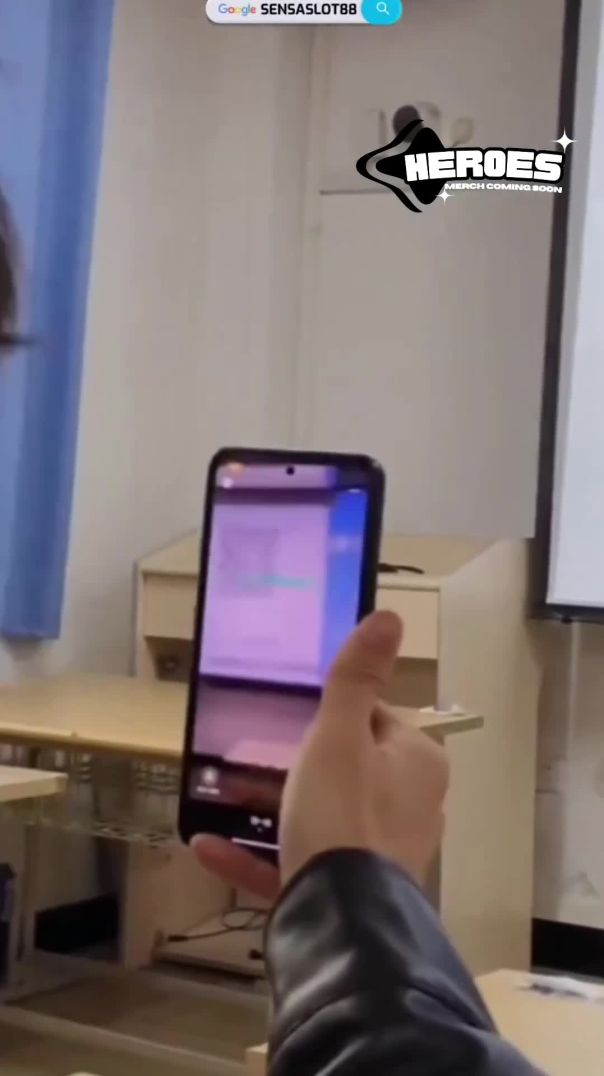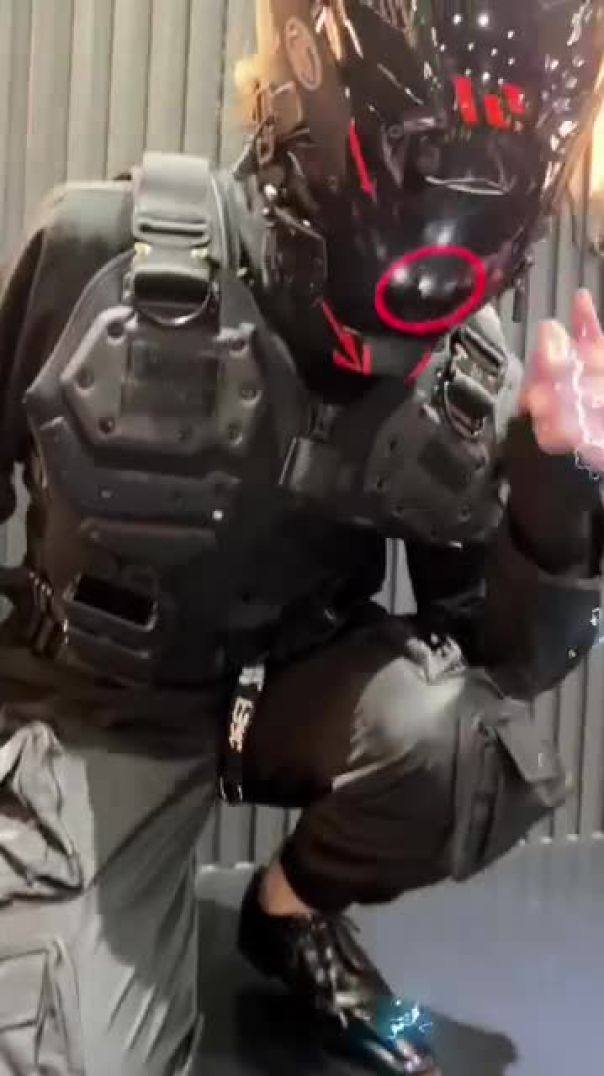4 Views· 11 November 2022
Sound like a native speaker: Delete the 'H'!
Advertisement
Have you noticed that when native speakers talk quickly, they often shorten their words or even completely delete some sounds? This makes it challenging for English learners to understand fast speech, because the words are not pronounced in full. In this lesson, I will teach you about the silent H and how to recognize it to understand fast speech. I will also show you how to cut out the H at the beginning of certain words in order to sound more like a native English speaker. Improve your pronunciation by using the silent H, and see how much of a difference it can make!
https://www.engvid.com/sound-l....ike-a-native-speaker
TRANSCRIPT
I've 'ad a long time to work on this lesson, and I bet what I just said went right by you. Hi. James from engVid. Today I want to talk about letter deletion. In English we do this a lot, and I don't want you... So I want you to understand: I don't want you to use it, but I'm going to teach you how to hear it, how to understand it, where it is commonly used so you can quickly identify when we're speaking quickly. Like when I said to you: "I ave", I said: "I have", but I dropped the "h" and that's today's lesson. We'll do other ones where I'll drop a "t", but for right now I want you to concentrate on the dropping of the "h", and we call it the "H deletion" or "H deletion" if you're American. All right? Let's go to the board.
You'll notice over here, my man, Mr. E, he has: "A, B, C, D, E, F, G, ?, I", the deletion of H. Quick note. Okay? When we want to be clear on what we are saying we say each word exactly and precisely. Okay? However, when we say something regularly-okay? This is the examples of why we delete it-or we speak quickly or fast, we drop sounds. One letter we do this with is the letter "h". Okay? So as you can see, that's going to be my quick explanation on that, but I'm doing this sort of like a warning for you, this little part because you are not allowed to do this because you have an accent and you haven't mastered the English sounds. First you have to master the sounds, so it's better to say: "I have" instead of "ave", "I have", right? Master the sound. The second thing is this lesson's more about helping you to comprehend or listen to English, and understand English quickly. Okay? Are you ready? Time for me to do that magic board thing. [Snaps]
So let's talk about where the letter "h" is commonly deleted. We know it's deleted, but I'm going to give you about five examples or six where you can see the letter "h" is deleted often or quite commonly. Okay? Remember I said we do it when we speak quickly or it's something we say regularly? So it won't be a surprise when I show you the examples on the board, why this would happen. The letter "h" is commonly dropped when we use the verb "to have" or when we use pronouns. So, "have" in this case becomes "ave". "Has" becomes "azz", and I'm putting the "z" sound because pronunciation, it's not "a-s". I know you "ass" for some of you, I know people who speak Spanish or have a Latin background will "ass", because they see the "s", but we say the "z" sound: "azz". And "had" becomes "ad". "E 'ad about five minutes before e 'ad to leave." If you're really careful... Well, you have to go over here to hear what I actually said, but I used two of them at the same time and it commonly happens, so much so that we as English speakers don't realize we're not actually speaking the language, but just sounds. All right?
Let's go over to the pronoun side of the board. Okay? Well, the pronouns you'll see we have "he" becomes "e". Right? "E's a really good guy", and I'm not talking about Mr. E. "E's a really good guy", instead of: "He is a really good guy." Okay? "Her", I don't know err very well. I don't know err very well. It's not "her". "I don't know her very well.", "I don't know err very well." And "iz". Right? I know it's "iss", it looks like this, "his", but this makes this sound, the "iz" sound. Right? "Iz brother iz a good friend of mine. Iz brother is a good friend of mine." Notice how I'm speaking quickly, and for some of you I always speak quickly. But generally speaking: "I don't know iz schedule. I don't know iz schedule." It's not: "I don't know his schedule."
Now, once again, I need to repeat this: You do not use this when you're speaking. I'm giving you this, I'm giving you these examples by saying them so as you hear me say them you're like: "That sounds familiar", and that's why sometimes you think you know what we're saying, but you're not too sure. It's because we delete these sounds. Now, if you saw what I did here I actually at the beginning played with you by I said: "E ad about five minutes." And I said: "E ad", so instead of: "He had five minutes to talk", "E ad five minutes to talk to us, then E had to go. I don't know if err brother's coming, err brother's coming."
Up next
Advertisement



























0 Comments